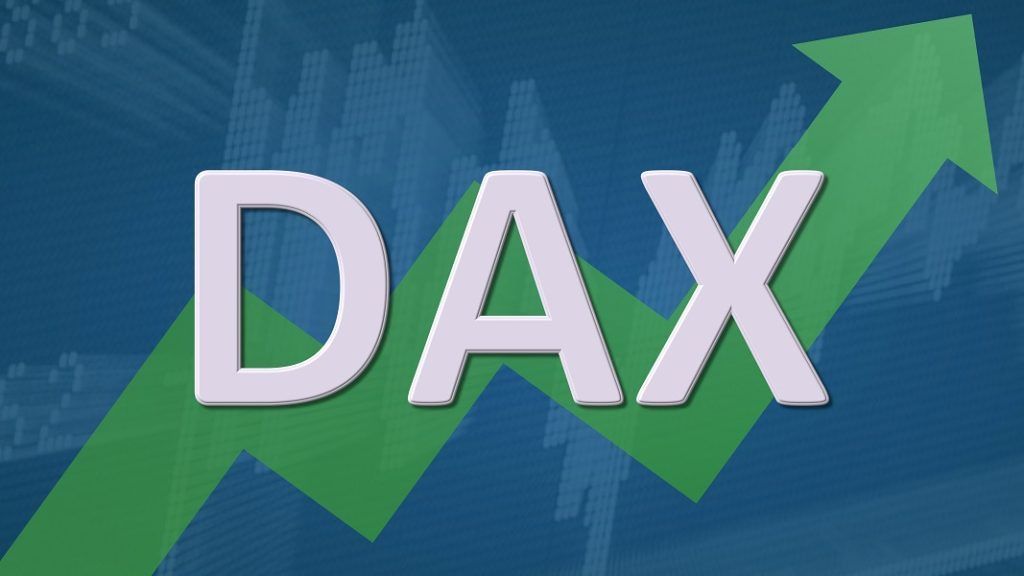Despite high profits, Germany’s top 40 DAX companies have received billions in state subsidies in recent years, raising questions about the necessity and impact of such financial support.

Germany’s largest stock market companies have achieved triple-digit billion-dollar profits in recent years while also receiving substantial state subsidies. In 2023 alone, at least 10.7 billion euros flowed to the 40 DAX companies, nearly double the previous year’s six billion euros. This is shown by an analysis from the Flossbach von Storch Research Institute, a think tank of the Cologne-based asset manager with over 70 billion euros in managed client funds.
While subsidies amounted to around two billion euros annually until 2018, the amount increased sharply in subsequent years. A total of around 35 billion euros in state funds went to the largest stock market companies from 2016 to 2023.
“The extent to which profitable companies are supplied with public funds has drastically increased over the past few years,” wrote analyst Philipp Immenkötter. The figures are remarkable, as the federal government is simultaneously struggling with budget cuts.
E.ON received the highest subsidies
There are arguments for subsidies, writes Immenkötter. They can support companies and preserve jobs during crises such as the COVID-19 pandemic. Nevertheless, the question arises, “whether there is an economic necessity to support or promote DAX companies to this extent with taxpayer money.” In 2023, the net profit of DAX companies amounted to 117 billion euros according to the study.
The energy company E.ON received the most subsidies since 2016, with more than 9.3 billion euros. Most of this came from the electricity price brake law and the natural gas heat price brake law, replacing customer payments or reducing purchase prices. Additionally, E.ON received various state investment grants.
Volkswagen followed with 6.4 billion euros. The automaker received, among other things, tax benefits and funding for research in drive and digital technology. BMW ranked third with 2.3 billion euros, including grants for the construction of sites.
Eleven of the DAX companies received more than one billion euros each in subsidies from 2016 to 2023. The average (median) amount was around 200 million euros. Additionally, the environmental bonus for private households when purchasing electric cars is also noteworthy. These subsidies were not included in the study but are considered an indirect subsidy to the automotive industry.
Political decisions
The increase in subsidies is mainly due to decisions by the coalition government and the previous grand coalition, wrote Immenkötter. This includes plans to transform the economy and support it during the COVID-19 pandemic and the Ukraine war. The funds came from the Climate and Transformation Fund and the Economic Stabilization Fund.
However, it is feared that much of the money replaces private funds. Additionally, subsidies lead companies to invest in business areas where it is unclear whether they will be profitable in the long term. “Possible consequences of the subsidy policy are resource waste, market distortion, and an economy’s dependence on state funds.”
DAX reform considered
The total amount of subsidies is conservatively estimated because companies have leeway in what they report as subsidies in their financial statements. The study evaluated the information provided by DAX companies in their financial reports. In the fall of 2021, the number of DAX members increased from 30 to 40 as part of a reform, so the current 40 DAX members were traced back to 2016 to avoid distortions.






